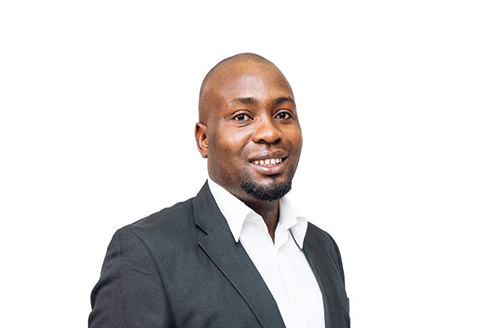WALVIS BAY – The Government Institutions Pension Fund (GIPF) board of directors said they are impressed with the progress and returns on investments made by various unlisted investments they partnered with.
Board members and GIPF officials visited several unlisted partners in Walvis Bay last week to take stock as well as to see how these companies adapted to the changing unfavourable economic conditions.
The GIPF has invested in 16 unlisted companies in Erongo and recently visited two, namely WinSalt and Etosha Fishing.
Speaking to the media afterwards, GIPF CEO David Nuyoma said he is impressed at how Etosha adapted, despite not being able to fish due to the three-year moratorium on pilchards.
“They have definitely reinvented themselves, and kept their employees as they went as far as importing fish from Morocco for processing,” he added.
He noted that Etosha is one of their long-standing investments which dates back from the 90s, and that the GIPF is happy to be still involved with the company.
Another unlisted company GIPF invested in, WinSalt, said they have managed to diversify their operations since the GIPF came on board. WinSalt produces a variety of nutritious salt blocks for the agricultural industry.
According to their CEO, Craig Deyzel, the company is the first of its kind in Africa and the world to have manufactured animal nutrition and medicine blocks with indigenous ingredients like moringa and Devil’s Claw.
“Our biggest clients currently are South Africa, but we are also servicing international clients. We have thus far exported to Australia, South Korea, Spain, Portugal, Zambia and Angola”, he explained.
The company is 100% Namibian-owned, and operates from the Walvis Bay industrial area. GIPF board chairperson Nilian Mulemi said only a small portion, about 5%, of their investment portfolio is invested in unlisted companies. “We selected a few because we wanted to invest in the real economy as there is a direct benefit for all sectors.
Unlisted businesses are in fact risky because they don’t have trade records that one can follow.
However, we put measures in place to understand the risks before we invest”, she stated. However, some risks cannot be foreseen, such as Covid-19.
The GIPF has also made significant strides through its corporate social investments, and has invested over N$551 million into the Erongo region. These investments include sectors such as building supplies, manufacturing, water engineering, medical services, engineering, property development, land servicing, retail shopping, renewable energy, housing and warehousing.


